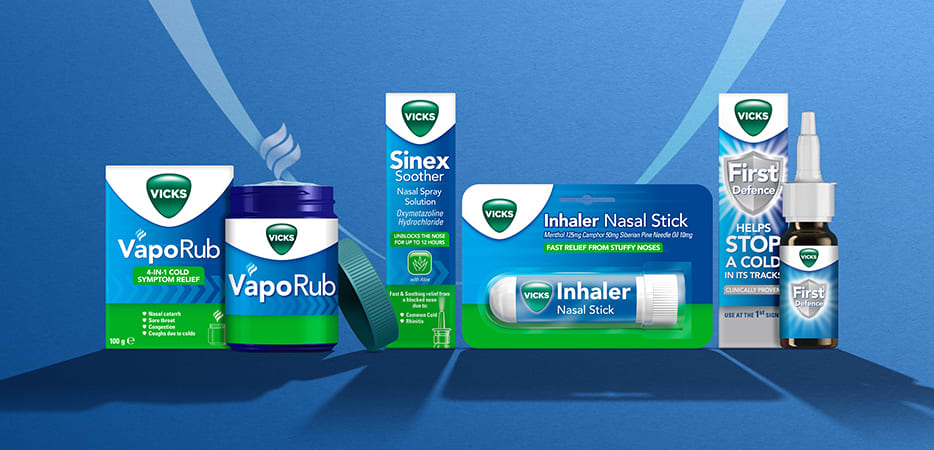
In order to ride your best, your nutrition has to be on point. You can put the miles in—logging long rides, speed workouts, and strength sessions—to train for an upcoming race. But if you don’t fuel those rides correctly, your results will fall short.
While this is true for cyclists of every age, do the nutrients you need to keep your performance on track differ as you get older?
We talked to two sports dietitians—Amy Goodson, M.S., R.D., C.S.S.D. and Natalie Rizzo, M.S., R.D.—to find out what you need to pay attention to at different stages of your life.
Should My Diet Change As I Age?
In short, yes. For the most part, the nutrients—and the amount of them—you need to ride your best don’t really change between the ages of 19 to 50. While your VO2 max, muscle mass, and metabolism all start to decline little by little after age 25 (yes, you read that right), it’s not until after the age of 50 that your macronutrient and micronutrient needs start to increase in some cases, according to the National Institutes of Health (NIH).
“The less muscle you have, the slower your metabolism is, so some people will see weight gain as they age,” Rizzo says.
If you’re training and eating well throughout life, you can combat this a bit, according to Goodson, but your metabolism still slows down about 2 to 3 percent per decade of life. You also produce less stomach acid as you age, so you can’t absorb nutrients as well, she says.
[Want to fly up hills? Climb! gives you the workouts and mental strategies to conquer your nearest peak.]
Which Specific Nutrients Do I Need to Pay Attention to As I Get Older?
Here are seven macronutrients and micronutrients that Goodson and Rizzo recommend making sure you’re getting enough of once you hit 50 years old.
*Recommended Dietary Allowances (RDAs) come from the NIH.
1. Protein

The reason: Protein helps build and maintain muscle, so it can help combat the natural loss of muscle mass as you age.
How much: The RDA calls for 0.8 grams (g) of protein per kilogram (2.2 pounds) of body weight per day. For a 150-pound person, that would be 55 grams of protein a day; for a 180-pound person, that would be 65 grams of protein a day. However, a 2013 review published in The Journal of of Post-Acute and Long-Term Care Medicine found that healthy older adults should actually consume 1 to 1.2 grams of protein per kilogram of body weight a day. For a 180-pound person, that’s 81 to 98 grams of protein a day; for a 150-pound person, that’s 69 to 81 grams of protein a day. That’s also in line with the International Association of Athletics Federations’ 2019 updated guidelines on protein intake.
Foods: Lean meats such as beef, poultry, fish, eggs, milk, cheese, beans, legumes, Greek yogurt, and soy.
2. Fiber

The reason: Fiber keeps your gastrointestinal (GI) system regular, and helps reduce cholesterol levels and the risk of heart disease.
How much: 30 g for men; 21 g for women.
Foods: Whole grains, fruits, vegetables, beans, and legumes.
3. Calcium and Vitamin D

The reason: Calcium and vitamin D go hand-in-hand—your body needs vitamin D in order to properly absorb calcium. Both are necessary for strong bones, better immune function, and reduction of inflammation.
How much: 600 international units (IU) for men and women 51 to 70 years old; 800 IU for men and women 71 and older.
Foods: Fatty fish, fortified milk and cereal, eggs, mushrooms, and cod liver oil are rich in vitamin D. Seeds, cheese, yogurt, sardines, salmon, milk, and almonds are rich in calcium.
4. Vitamin B12

The reason: You need this book profits vitamin for proper red blood cell formation, neurological function, and DNA synthesis. Sometimes people have lower stomach acidity as they age—10 to 30 percent of people ages 50 and older have trouble absorbing this vitamin because of stomach acidity issues.
How much: 2.4 micrograms (mcg) for both men and women.
Foods: Fish, meat, poultry, eggs, milk, milk products, fortified cereals.
5. Potassium

The reason: Potassium is an important electrolyte that your cells need in order to carry out normal activities such as muscle contraction and an efficient heart beat. Not getting enough can lead to health issues such as high blood pressure, heart disease, and diabetes, which are all important to be mindful of at any age, but especially as you age.
How much: 3,400 milligrams (mg) for men; 2,600 mg for women.
Foods: Apricots, lentils, prunes, raisins, acorn squash, potatoes, bananas, soybeans, kidney beans.
6. Omega-3 Fatty Acids

The reason: Omega-3s can help decrease inflammation and heart disease, and increase HDL (good) cholesterol and triglyceride levels. Your brain function bioptimizers coupon code naturally declines as you age, and omega-3s can boost cognition as well.
How much: 1.6 g for men; 1.1 g for women.
Foods: Flaxseed oil, chia seeds, walnuts, salmon, and herring.
7. Iron

The reason: Iron makes it possible for red blood cells to carry oxygen to your muscles to power them, and it also plays a role in helping you metabolize carbs, which are your muscles’ primary source of fuel during exercise.
How much: 8 mg for men and women.
Foods: Fortified cereal, oysters, lentils, spinach, beef.
How Can I Tell If I’m Not Getting Enough Nutrients?
Some telltale signs of a nutrient deficiency are extreme fatigue, headaches, and dizziness, according to Rizzo. In the case of a calcium deficiency, you might notice brittle nails or the onslaught of bone-related injuries. And constipation and other GI issues could signal a lack of fiber in your diet, she says.
If you notice that you aren’t recovering from your workouts as fast or as well as you usually do, that’s another sign you might not be getting enough of the right nutrients, Goodson adds.
If you observe any of these symptoms, both Rizzo and Goodson advise making an appointment with your doctor, since while it could be a nutrient deficiency, it could also be another type of health problem, since these symptoms are general.
But Goodson recommends getting an annual check-up regardless of if you notice any of the above symptoms in order to get ahead of them.
“Go to the doctor and get lab work done annually so that you know where you stand and know where adjustments need to be made before you’re way far gone,” Goodson says.
While you may think a simple multivitamin is the answer, it’s important to note that in order to definitively diagnose a nutrient deficiency, blood work needs to be done. However, that’s not to say a multivitamin will hurt you—it’s just safer and more accurate to consult your doctor first. Plus, if you focus on high-quality, nutrient-rich whole foods, you probably won’t need to take a multivitamin to begin with, Goodson says.
You Might Also Like







